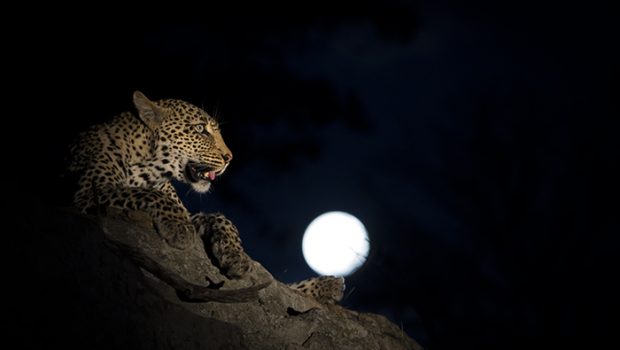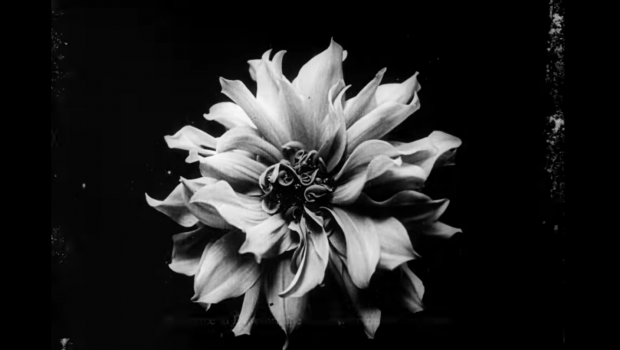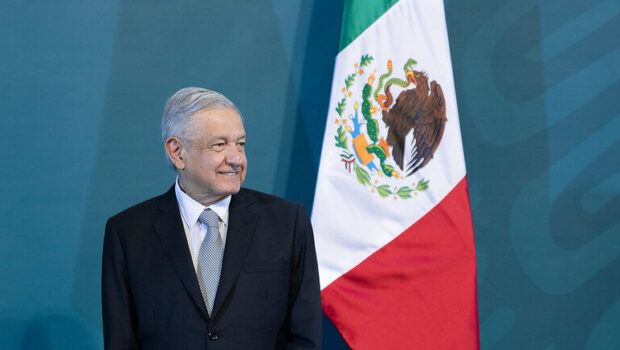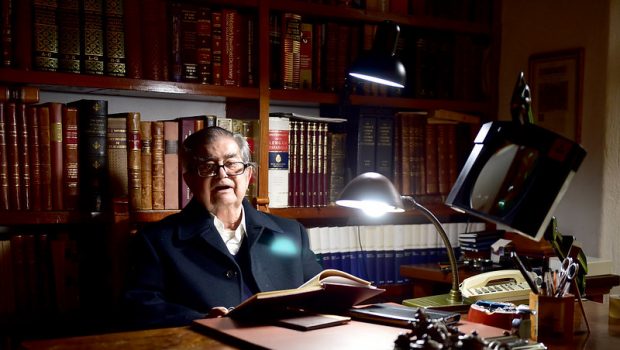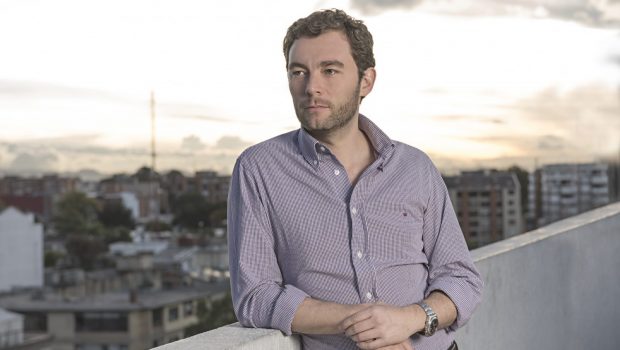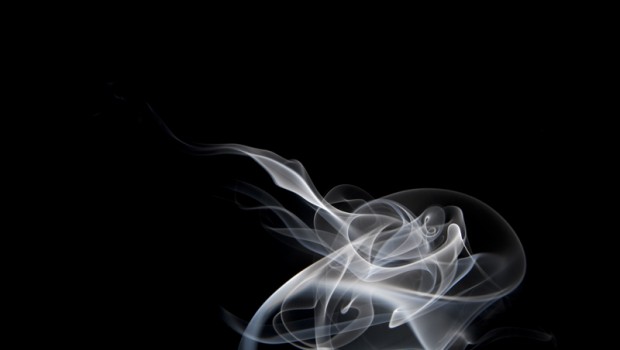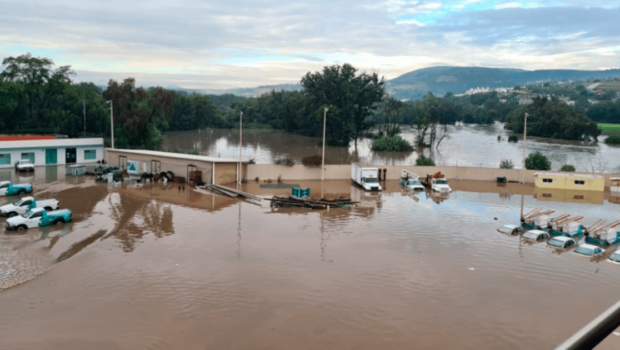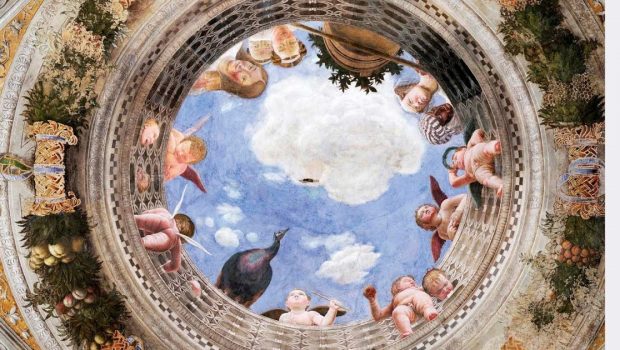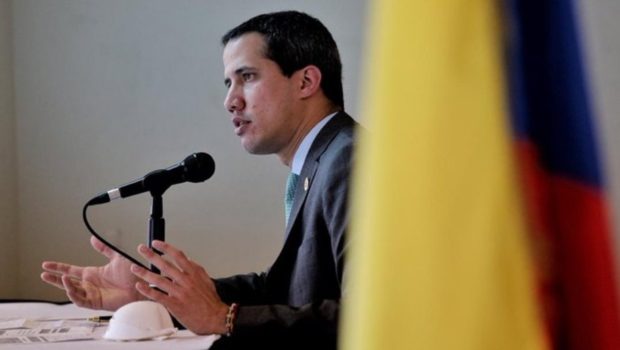Two Poems
James Adams
Sugar Covenant
“All of the heave offerings of the holy things…have I given thee by a statute for ever:
it is a covenant of salt for ever before the Lord…”
Numbers 18:19
In gratitude for your bread and salt, I must preserve you from all danger.
Rumi
Salt is good: but if the salt have lost his saltness, wherewith will ye season it?
Have salt in yourselves, and have peace one with another.
Mark 9:50
They were serious men
coming out of the forest
with their AK-47s and red-rimmed eyes.
We patched them up,
then the one with the grenade launcher
motioned for everyone.
I stared at him, then the team.
There was no need to argue.
What to do had already been discussed
at the security meeting before we came.
The blond nurse had looked hard at me
when I explained what my responsibilities entailed.
Now she was quiet.
It’s me you want, I said. Let
……..these go their way.
The rebels were in a hurry.
The leader waved the launcher, and off we went.
I watched my tennis shoes, my favorite
pair from tennis playing days,
step upon the damp, red earth
off to the unknown.
We trekked a good while.
Too tired to be afraid.
I studied the trees in the forest,
thinking I might one day learn their names
and how much botanists made as salary
or with whom they might work.
Would these I travelled with
saw my head off, post the video on Their-Tube
and ruin my family,
or was that now passé in rebel jihadist PR.
We pulled over for a rest,
and I was lucky they’d nothing to tie my hands.
There was nowhere to run to anyway.
The youngest (maybe he had 12 years)
stood by me, glaring.
These were hard men.
I reached into my breast pocket
and pulled out one of the small packets
I always carried.
Sugar, from some restaurant in Brussels.
I quietly tore the corner,
spilled out grains to a wet fingertip,
touched them to my tongue.
The boy-guard saw the flash
of white, both pack and pellet.
He shouldered his weapon.
Here, I motioned: sakkar.
He studied it.
I poured more onto my palm, then licked to show.
He caught on.
I gave him two more packets,
creating obligation. He reached into his pocket
and handed me a shred of hard cracker.
Now Grenade-Launcher wanted to know
what was going on.
I pulled out my other packets,
held them out to him;
the last, light-blue colored packet for me,
one-quarter of which I tumbled
into my mouth.
I gave him a half-smile,
fingering the cracker shred.
Grenade-Launcher snapped it all away
tore off the top of the blue-colored packet
arched his head
opened his mouth
poured off the rest.
His mouth stayed open
as the white granules
streamed through his teeth
down his chin
and onto the ground—
a holy waterfall.
Insha’Allah, I said
to his wide-open eyes.
Tabalu—salt.
His mouth closed
and his head hung.
Please give me some water,
I ordered
and take me back.
***
Whatever Angels Eat
Homo lupis hominii.
Man is a wolf to man.
—Anon.
Lupus homo lupo.
Wolves are men to other wolves.
—Philosopher David Stove, Darwinian Fairy Tales
I walked back near sunset.
Enjoying the warthogs at my feet.
“Where have you been?” the patient coordinator
………..shot at me.
I had been out with my cats. Dinnertime.
“Out with the cats,” I said.
“The walkie-talkie battery is low. I switched it off.”
“You have to leave now,” she urged,
“They are coming to arrest you.”
I knew what that meant, for someone
……….with my skin color and passport.
“On what charges?’
She was upset. “Caring for people,” she blurted.
“That is serious.” I could see she was scared.
“You’d better head out,” I advised.
“Back to your village.”
“Come with me.”
“That’s the first place they’ll look.”
I admired her. Bravely packing her things
into those wonderful woven baskets.
I studied the descending sky.
“I can’t walk anywhere at night.” I said.
“Leopards. Or worse.”
“I’ll pray for you,” she told me.
“Best pray for angels,” I smiled.
She departed, along with the sun.
Once before, I had to spend all night
watching a front and patio door,
shotgun pointed at the first
pistol at the other.
No weapons here though.
My enemies would have a drink or two
to reach the appropriate level of courage.
I closed the lockless door,
closed the barless window.
Kidnapping me with the word “arrest”
might have implications—for everybody.
I decided to wait for her angels.
After midnight, I could hear bodies
inexpertly crashing through the underbrush.
Drunks, imagining sneaking.
My vinyl clothes bag was stacked against the flimsy door,
but that wouldn’t stop five angry mosquitoes.
I started writing good-bye letters.
To the people I loved.
To the people who didn’t love me.
To the people who said “you’re going
to get yourself killed if you go up
there again.”
Some kind of evidence.
To let someone know
I came here and tried. Even if only
a lonely finger in the mud.
To resist. Create a tiny refuge
in this darkness.
The wooden decking outside creaked
with the weight of the first
foot, then two, then ten.
They moved languidly about the hut
surrounding me, not bothering
to turn on their torches.
They pushed against the walls behind me,
meaning to collapse the hut, shaking the roof.
Old dust and spiders drifted downward.
A sack of something heavy
flung itself
against the rotten excuse for a door,
and it bowed in, surely to break any second.
I realized I would not finish the third
of my scribbled notes.
Angry. Against injustice, stupidity.
Angry at being afraid.
I stood, armed with a pair of scissors.
Faced the door.
“Everybody dies,” I said out loud.
“Not everybody dies a coward.”
Nothing happened. All night.
At daybreak I switched on the walkie-talkie.
It crackled to life.
“Are you inside?”
“Yes.”
“They are gone.” She didn’t need to say who.
I pushed forward on the door. The sack
of rocks blocked it.
“I’m stuck,” I told her.
“They barricaded me in—come get me.”
“I can’t,” she said.
“What?’
“Look outside…”
I went to the window, pushed it open.
Looked down.
“The big one you call Boy
is against the door. Keeping everyone away.”
“I can’t see him,” I said.
“But Goliath, Clarissa and the little girls
are here by the window.”
She didn’t say anything for quite some time.
“But what do they want,” she asked, finally.
“Breakfast.”
“And what is that?”
“Not sure,” I told her. “Whatever angels eat.”
James Adams was nominated in 2007 for a Pulitzer Prize for his collection, Noble Savage: Poems. His poems have appeared in or are forthcoming in Rattle; Light: A Journal of Photography & Poetry; The Muse (India), and other publications. His work has been translated into Chinese, Dutch, French, German, Russian, Spanish, and Ukrainian. He is a co-editor of the forthcoming anthology Elusions: Refugee Poetry (WaterWood Press, publication expected 2019). He is lead judge for the 2019 Carolyn Forché Prize and is a Siegfried Sassoon Fellow. He participated in several Inprint Workshops in Houston; the Colrain Poetry Manuscript Conference; the Split Rock Mentorship Program (Univ. of MN, with Carolyn Forché); and the UCLA Writers’ Program. ©Literal Publishing
Posted: December 10, 2019 at 10:38 pm


